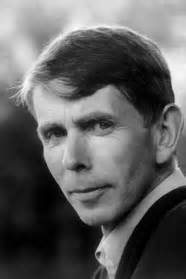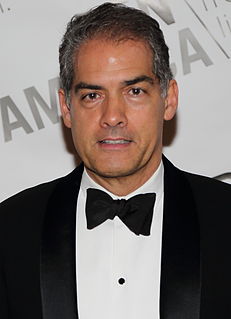A Quote by Ronald Frame
We become attached to certain characters in novels, mostly because they have some mystery attaching to them. We re-read the books, but we're still left wanting to know more. In my own case, it was 'Great Expectations' and Miss Havisham in particular. Luckily, writers have the option of making up the knowledge that reading doesn't supply.
Related Quotes
Miss Abigail, I want to be an author because writers know when a person is lonely. I mean, when Molly read me some books, those writers reached out and said, Look Gideon, we know about your loneliness and we know you're feeling downtrodden. And they said...I'll stand up for you. You're not lone anymore.
We are in a great school, and we should be diligent to learn, and continue to store up the knowledge of heaven and of earth, and read good books, although I cannot say that I would recommend the reading of all books, for it is not all books which are good. Read good books, and extract from them wisdom and understanding as much as you possibly can, aided by the Spirit of God. (JD 12:124)
I was a reader. I loved reading. Reading things gave me pleasure. I was very good at most subjects in school, not because I had any particular aptitude in them, but because normally on the first day of school they'd hand out schoolbooks, and I'd read them--which would mean that I'd know what was coming up, because I'd read it.
Radio is the medium that most closely approximates the experience of reading. As a novelist, I find it very exciting to be able to reach people who might not ever pick up one of my books, either because they can't afford it (as is often the case in Latin America), or because they just don't have the habit of reading novels.
Writing is an expression of the writer's own peculiar personality, could not help being so. Yet in reading great works one feels that the finished piece transcends the personal. All writers great and small must sometimes have felt that they have become part of what they wrote even more than it still remains a part of them.
Of John Le Carre's books, I've only read 'The Spy Who Came In From The Cold,' and I haven't read anything by Graham Greene, but I've heard a great deal about how 'Your Republic Is Calling You' reminded English readers of those two writers. I don't really have any particular interest in Cold War spy novels.
It was Sci-Fi and fantasy that got me reading, and Sci-Fi writers in particular have pack rat minds. They introduce all sorts of interesting themes and ideas into their books, and so for me it was a short leap to go from the fantasy and Sci-Fi genres to folklore, mythology, ancient history and philosophy. I did not read philosophy because I set out to become a philosopher; I read it because it looked interesting.







































